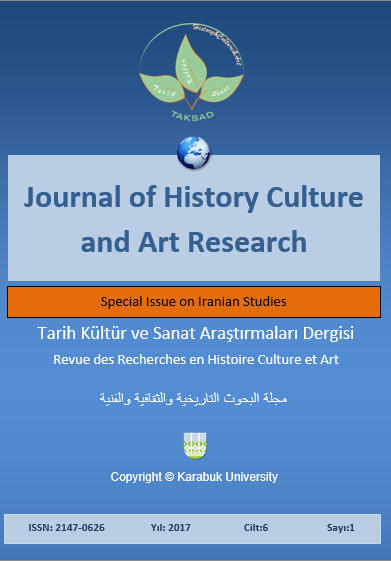False Testimony and Oath: Reopening a Legal Case in Iranian Courts
DOI:
https://doi.org/10.7596/taksad.v6i1.699Keywords:
Iranian laws, Iranian courts, Witness testimony, Reopening a case.Abstract
In Iranian legal laws, hearing a case ends by issuing the final judgment. However, the law has provided conditions where the individuals can apply for retrial so that their rights will be protected and losses will be prevented. This means that court will rehear a case for which it has issued a final judgment. Now, each of the parties to the claim who has applied for reopening must prove the conditions of reopening. One of the conditions is proving the falsehood in the claim. Yet, the question is ‘under which conditions the falsehood brings about the annulment of the judgment issued’. The present research aims to study the effects of falsehood cases in the possibility of applying for reopening and annulling the judgment issued.
References
Emami, S. H. (1995). Civil Law, vol. 6, eleventh edition, Tehran: Islamieh Publishers.
Hayayti, A. A. (2008). Reopening a Case, first edition, Tehran: Mizan Publishers.
Katouzian, N. (2004). Proof and its Reason, vol. 2, first edition, Tehran: Mizan Publishers.
Matin Daftari, A. (1963). Codes of Civil and Commercial Procedure, vol. 2, second edition, Tehran: Tehran University Publication.
Shams, A. (2001). Codes of Civil Procedure, vol. 2, first edition, Tehran: Mizan Publishers.
Downloads
Published
How to Cite
Issue
Section
License
All papers licensed under Creative Commons 4.0 CC-BY.- Share — copy and redistribute the material in any medium or format
- Adapt — remix, transform, and build upon the material for any purpose, even commercially.
Under the following terms:
Attribution — You must give appropriate credit, provide a link to the license, and indicate if changes were made. You may do so in any reasonable manner, but not in any way that suggests the licensor endorses you or your use.
- No additional restrictions — You may not apply legal terms or technological measures that legally restrict others from doing anything the license permits.







